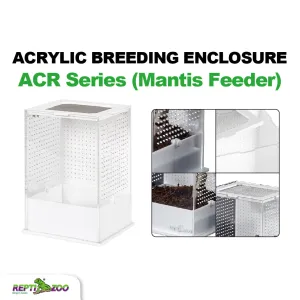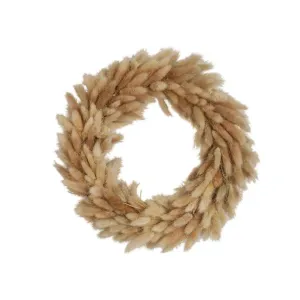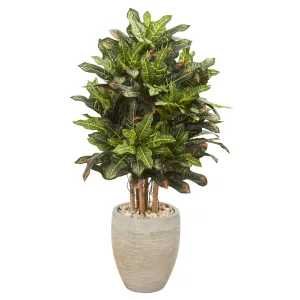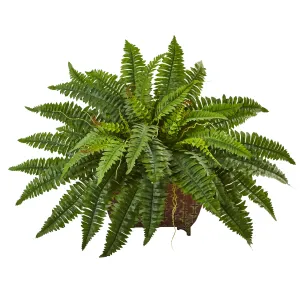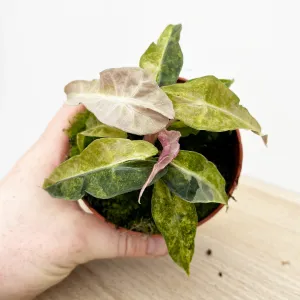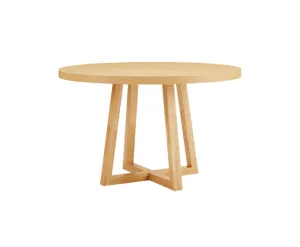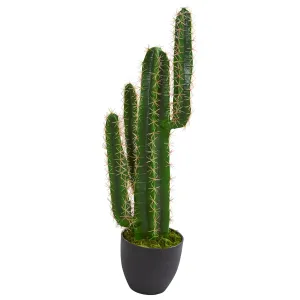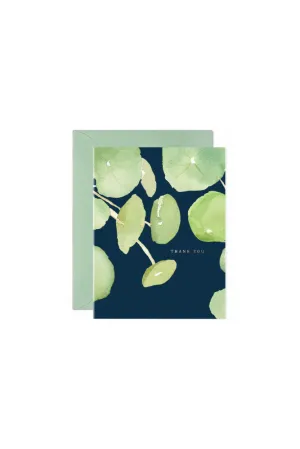Hoya caudata, also known as the Wax Plant, is a distinctive species of Hoya that is prized for its unusual leaf texture and striking flowers. This particular Hoya species stands out due to its fuzzy leaves and beautiful, fragrant blooms, making it a sought-after addition to any Hoya enthusiast's collection. Here’s a detailed description and care guide for Hoya caudata:
Description
Hoya caudata has large, oval-shaped leaves that are green with a slightly rough and hairy texture. The leaves can have silver speckles or splashes, adding to their ornamental appeal. The plant produces clusters of star-shaped flowers that are creamy white with red centers, known for their sweet fragrance and waxy texture, typical of many Hoyas.
Care Guide
Light
Hoya caudata thrives in bright, indirect light. It can tolerate some direct morning sunlight but should be shielded from intense afternoon rays to prevent leaf burn. A spot near an east or west-facing window that receives filtered light is ideal. This Hoya can adapt to lower light conditions, but its flowering may be reduced.
Water
Water this plant when the top inch of the soil feels dry to the touch. Hoya caudata prefers to dry out slightly between waterings. Overwatering can lead to root rot, especially if the soil does not drain well. During the winter months, reduce watering to prevent excess moisture accumulation when growth slows.
Soil
Use a well-draining potting mix, ideally one formulated for succulents or cacti. A mixture containing orchid bark, perlite, and coarse sand can help ensure proper drainage and aeration, providing ideal growing conditions for the roots.
Temperature and Humidity
Hoya caudata prefers warmer conditions, typically between 18 to 29 degrees Celsius. It is not frost-tolerant and should be kept away from drafty windows in the winter. This plant enjoys high humidity but can tolerate average indoor humidity levels. If the air in your home is very dry, consider using a humidifier or placing the plant on a pebble tray with water.
Fertiliser
Fertilize every two to three weeks during the growing season (spring and summer) with a balanced, water-soluble fertilizer diluted to half strength. Do not fertilize in the winter when the plant is not actively growing.
Pruning
Pruning is generally not necessary for health but can be performed to control the plant’s shape or remove any unhealthy growth. Be careful not to remove the peduncles (flowering stems) as they will continue to produce flowers.
Pests and Diseases
Keep an eye out for common pests such as mealybugs, aphids, and spider mites. Regular inspections and wiping the leaves with a damp cloth can help prevent infestations. Treat any pests with insecticidal soap or neem oil. Be vigilant about the plant's moisture levels to prevent root rot.
Hoya caudata is a stunning and relatively easy-to-care-for plant that makes a perfect addition to any indoor plant collection, especially for those who appreciate unique foliage and fragrant blooms. With proper care focused on optimal lighting, careful watering, and occasional feeding, it can thrive and become a cherished part of your plant collection.




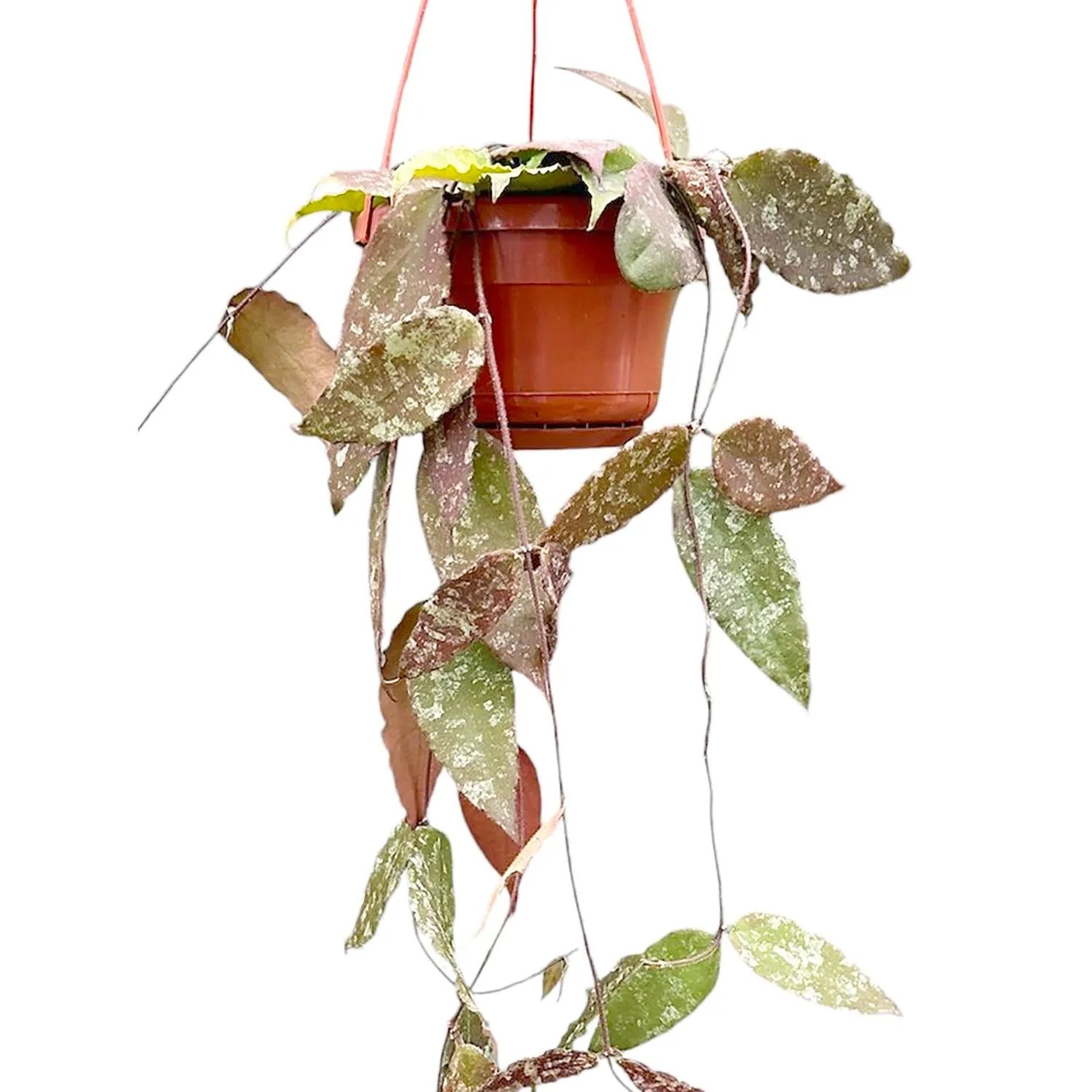
![Zenica Dining Chair (Set of 2) [Light Oiled Oak & Natural white] Zenica Dining Chair (Set of 2) [Light Oiled Oak & Natural white]](https://www.advenzo.shop/image/zenica-dining-chair-set-of-2-light-oiled-oak-amp-natural-white_gVYt2k_300x.webp)
